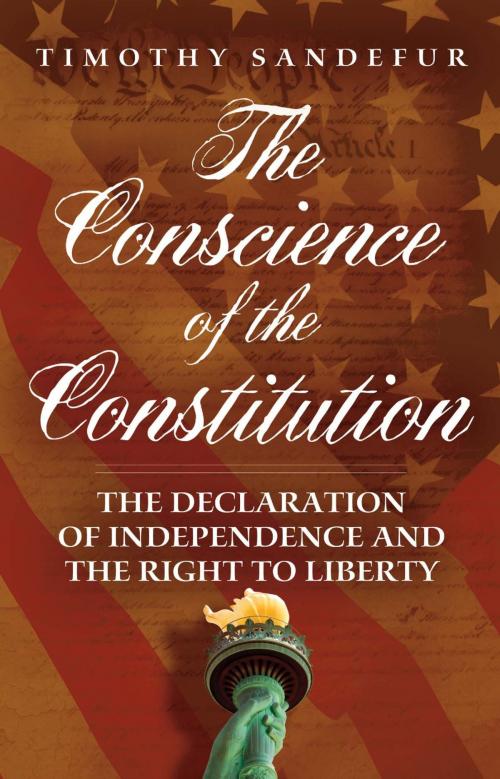The Conscience of the Constitution
The Declaration of Independence and the Right to Liberty
Nonfiction, Reference & Language, Law, Legal History, History, Americas, United States, Civil War Period (1850-1877), Social & Cultural Studies, Political Science, Government| Author: | Timothy Sandefur | ISBN: | 9781939709042 |
| Publisher: | Cato Institute | Publication: | November 12, 2013 |
| Imprint: | Cato Institute | Language: | English |
| Author: | Timothy Sandefur |
| ISBN: | 9781939709042 |
| Publisher: | Cato Institute |
| Publication: | November 12, 2013 |
| Imprint: | Cato Institute |
| Language: | English |
The Conscience of the Constitution: The Declaration of Independence and the Right to Liberty documents a forgotten truth: the word “democracy” is nowhere to be found in either the Constitution or the Declaration. But it is the overemphasis of democracy by the legal community–rather than the primacy of liberty, as expressed in the Declaration of Independence–that has led to the growth of government power at the expense of individual rights. Now, more than ever, Sandefur explains, the Declaration of Independence should set the framework for interpreting our fundamental law. In the very first sentence of the Constitution, the founding fathers stated unambiguously that “liberty” is a blessing. Today, more and more Americans are realizing that their individual freedoms are being threatened by the ever-expanding scope of the government. Americans have always differed over important political issues, but some things should not be settled by majority vote. In The Conscience of the Constitution, Timothy Sandefur presents a dramatic new challenge to the status quo of constitutional law.
The Conscience of the Constitution: The Declaration of Independence and the Right to Liberty documents a forgotten truth: the word “democracy” is nowhere to be found in either the Constitution or the Declaration. But it is the overemphasis of democracy by the legal community–rather than the primacy of liberty, as expressed in the Declaration of Independence–that has led to the growth of government power at the expense of individual rights. Now, more than ever, Sandefur explains, the Declaration of Independence should set the framework for interpreting our fundamental law. In the very first sentence of the Constitution, the founding fathers stated unambiguously that “liberty” is a blessing. Today, more and more Americans are realizing that their individual freedoms are being threatened by the ever-expanding scope of the government. Americans have always differed over important political issues, but some things should not be settled by majority vote. In The Conscience of the Constitution, Timothy Sandefur presents a dramatic new challenge to the status quo of constitutional law.















